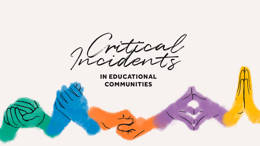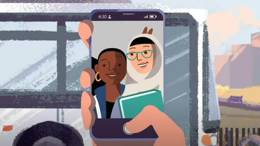Disasters and collective trauma
When a sudden violent incident or a natural disaster happens it’s hard for people and communities to understand or comprehend the situation.
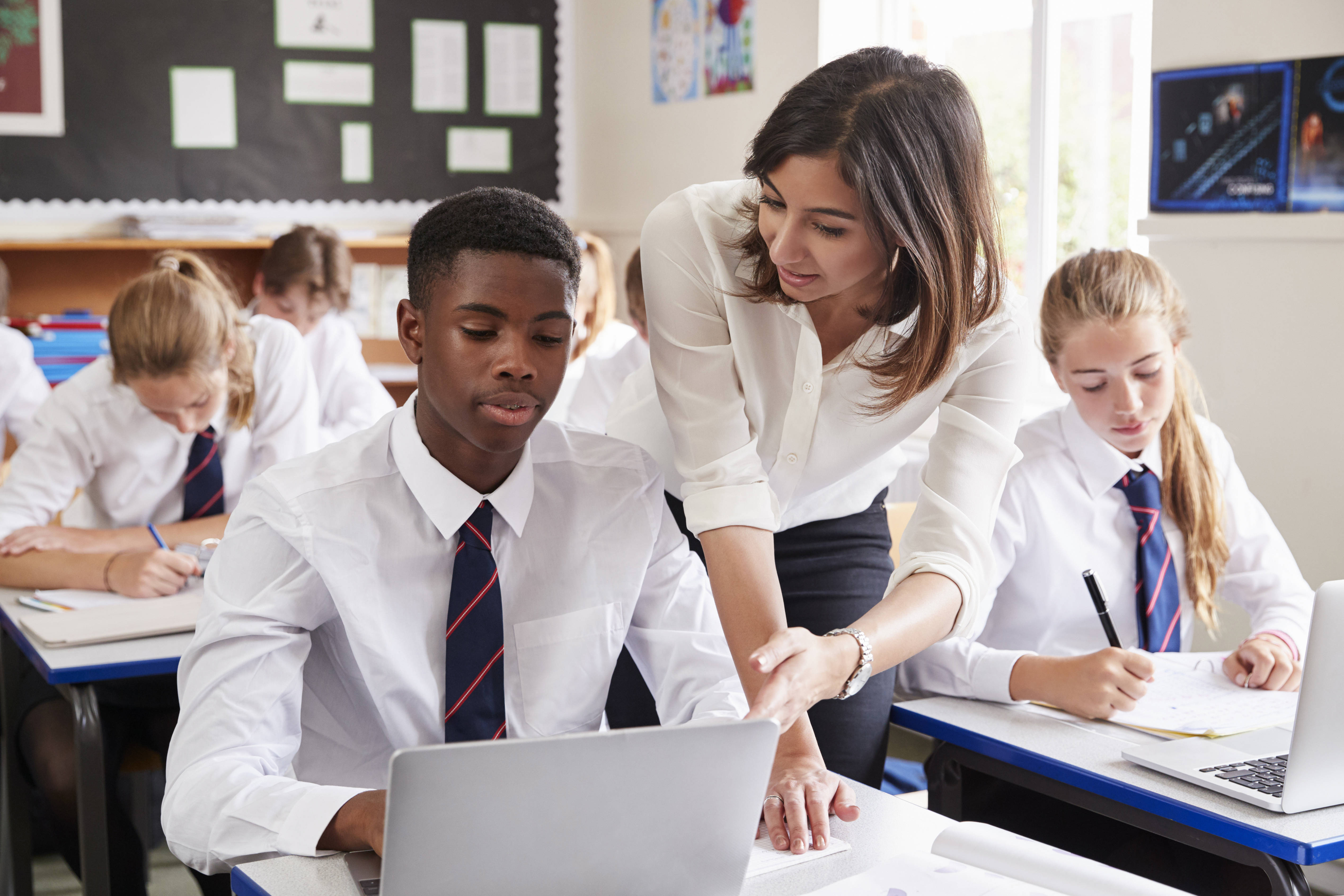
When a sudden violent incident or a natural disaster happens, some children and young people may develop lasting reactions.
Major incidents or events, whether through direct exposure or by seeing and hearing about them in the media or from families, can affect children and young people at any age. This could include things like terrorist attacks, road traffic collisions, fires, serious accidents and more.
It is unlikely that a traumatic response will be the result of a one-off event, but is likely to link to other related circumstances caused by that event. For example, if a natural disaster makes you homeless, if the government do not respond with care and sensitivity, or if the event involves relates to discrimination or persecution.
We cannot protect children and young people from feelings of fear, anxiety or pain but we can help them to process what has happened and help them to move forward.
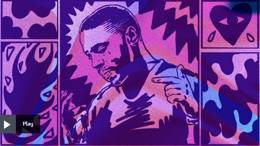
 Author
Author
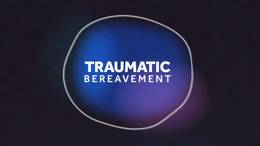
 Author
Author
